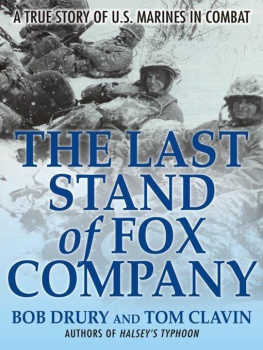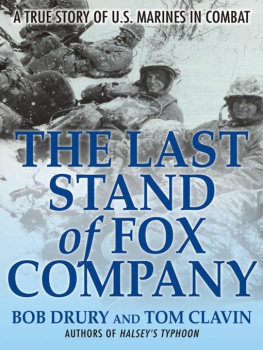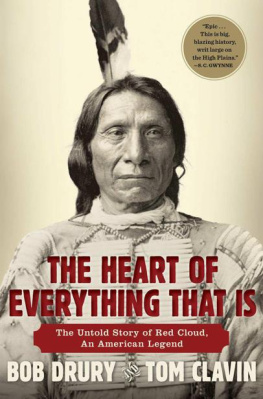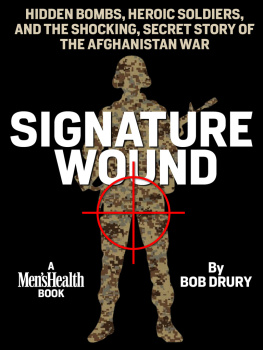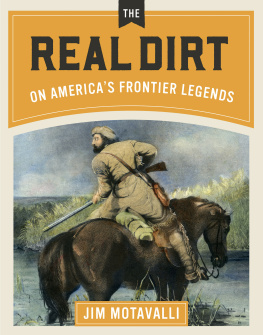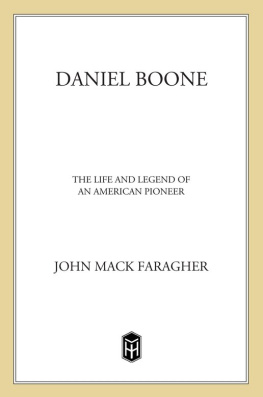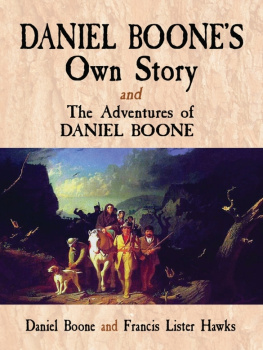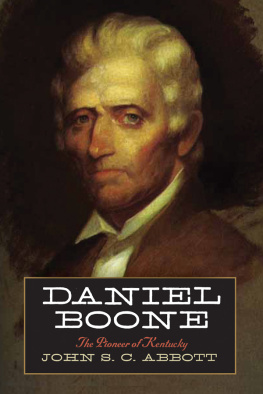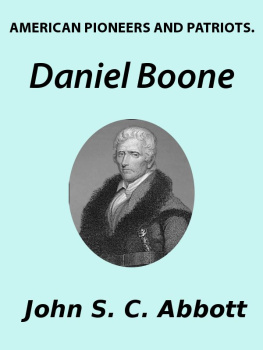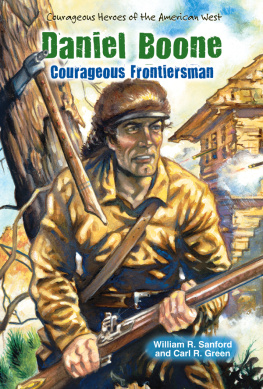Bob Drury - Blood and Treasure: Daniel Boone and the Fight for Americas First Frontier
Here you can read online Bob Drury - Blood and Treasure: Daniel Boone and the Fight for Americas First Frontier full text of the book (entire story) in english for free. Download pdf and epub, get meaning, cover and reviews about this ebook. year: 2021, publisher: St. Martins Publishing Group, genre: Home and family. Description of the work, (preface) as well as reviews are available. Best literature library LitArk.com created for fans of good reading and offers a wide selection of genres:
Romance novel
Science fiction
Adventure
Detective
Science
History
Home and family
Prose
Art
Politics
Computer
Non-fiction
Religion
Business
Children
Humor
Choose a favorite category and find really read worthwhile books. Enjoy immersion in the world of imagination, feel the emotions of the characters or learn something new for yourself, make an fascinating discovery.

- Book:Blood and Treasure: Daniel Boone and the Fight for Americas First Frontier
- Author:
- Publisher:St. Martins Publishing Group
- Genre:
- Year:2021
- Rating:4 / 5
- Favourites:Add to favourites
- Your mark:
- 80
- 1
- 2
- 3
- 4
- 5
Blood and Treasure: Daniel Boone and the Fight for Americas First Frontier: summary, description and annotation
We offer to read an annotation, description, summary or preface (depends on what the author of the book "Blood and Treasure: Daniel Boone and the Fight for Americas First Frontier" wrote himself). If you haven't found the necessary information about the book — write in the comments, we will try to find it.
Bob Drury: author's other books
Who wrote Blood and Treasure: Daniel Boone and the Fight for Americas First Frontier? Find out the surname, the name of the author of the book and a list of all author's works by series.
Blood and Treasure: Daniel Boone and the Fight for Americas First Frontier — read online for free the complete book (whole text) full work
Below is the text of the book, divided by pages. System saving the place of the last page read, allows you to conveniently read the book "Blood and Treasure: Daniel Boone and the Fight for Americas First Frontier" online for free, without having to search again every time where you left off. Put a bookmark, and you can go to the page where you finished reading at any time.
Font size:
Interval:
Bookmark:
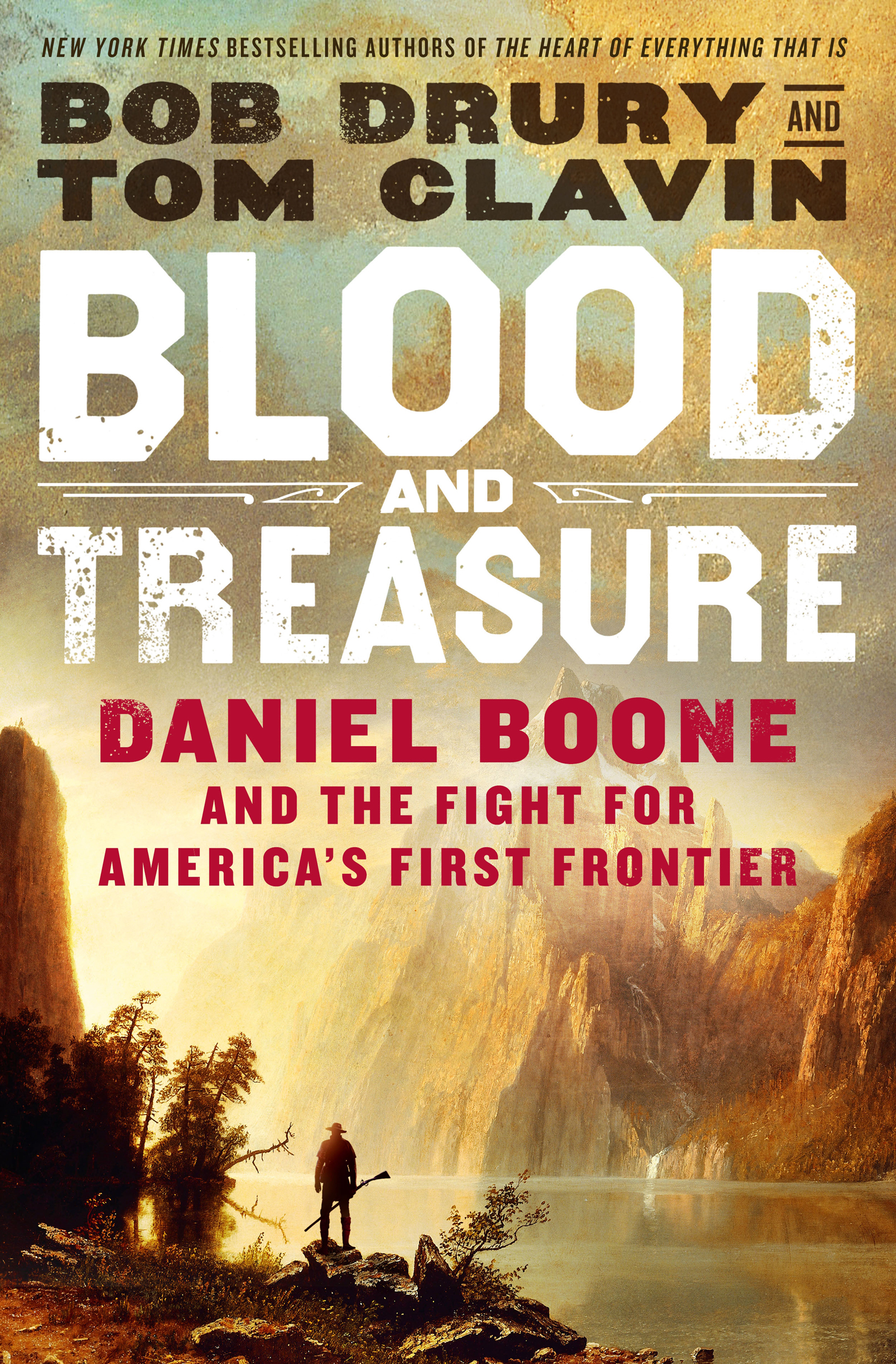
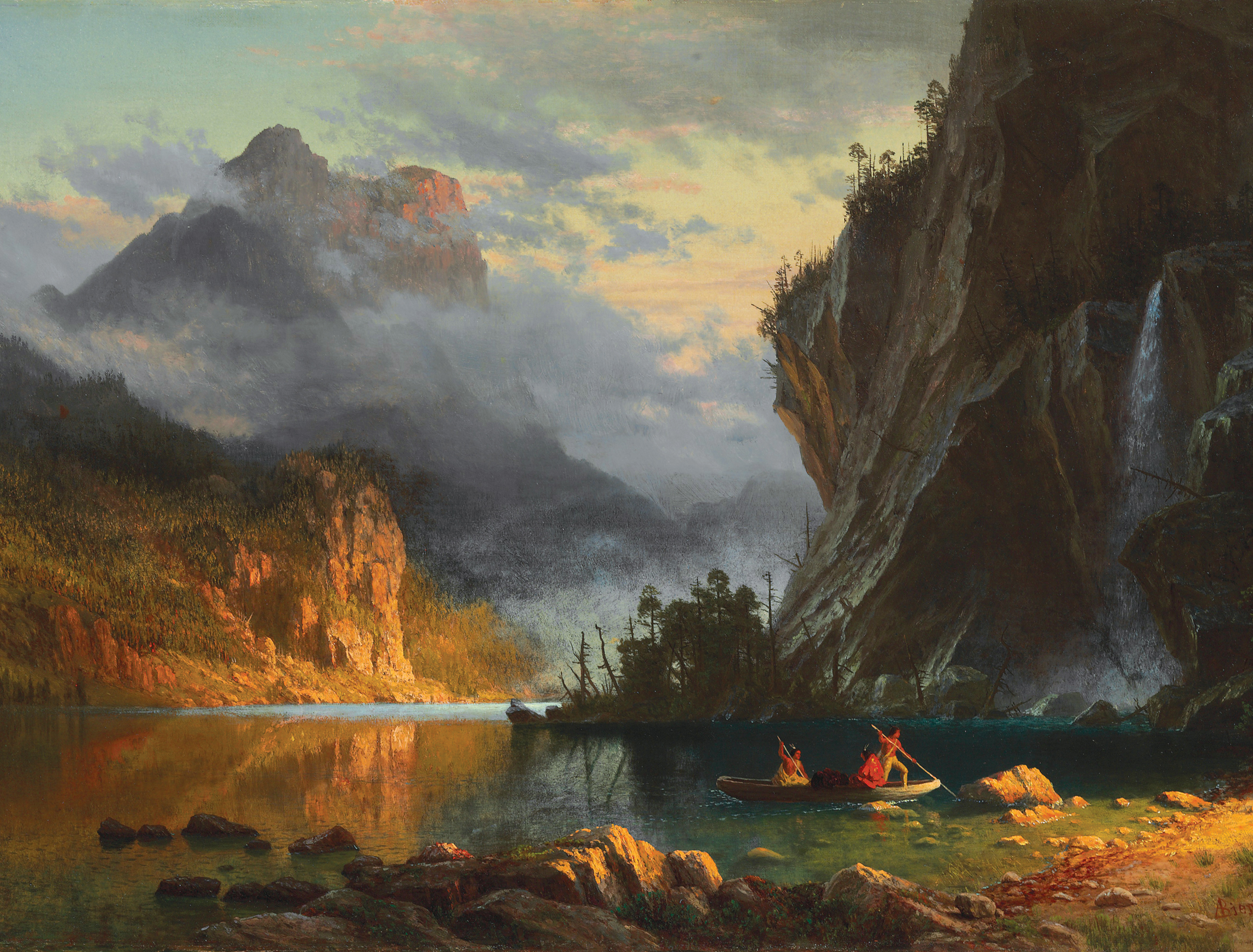
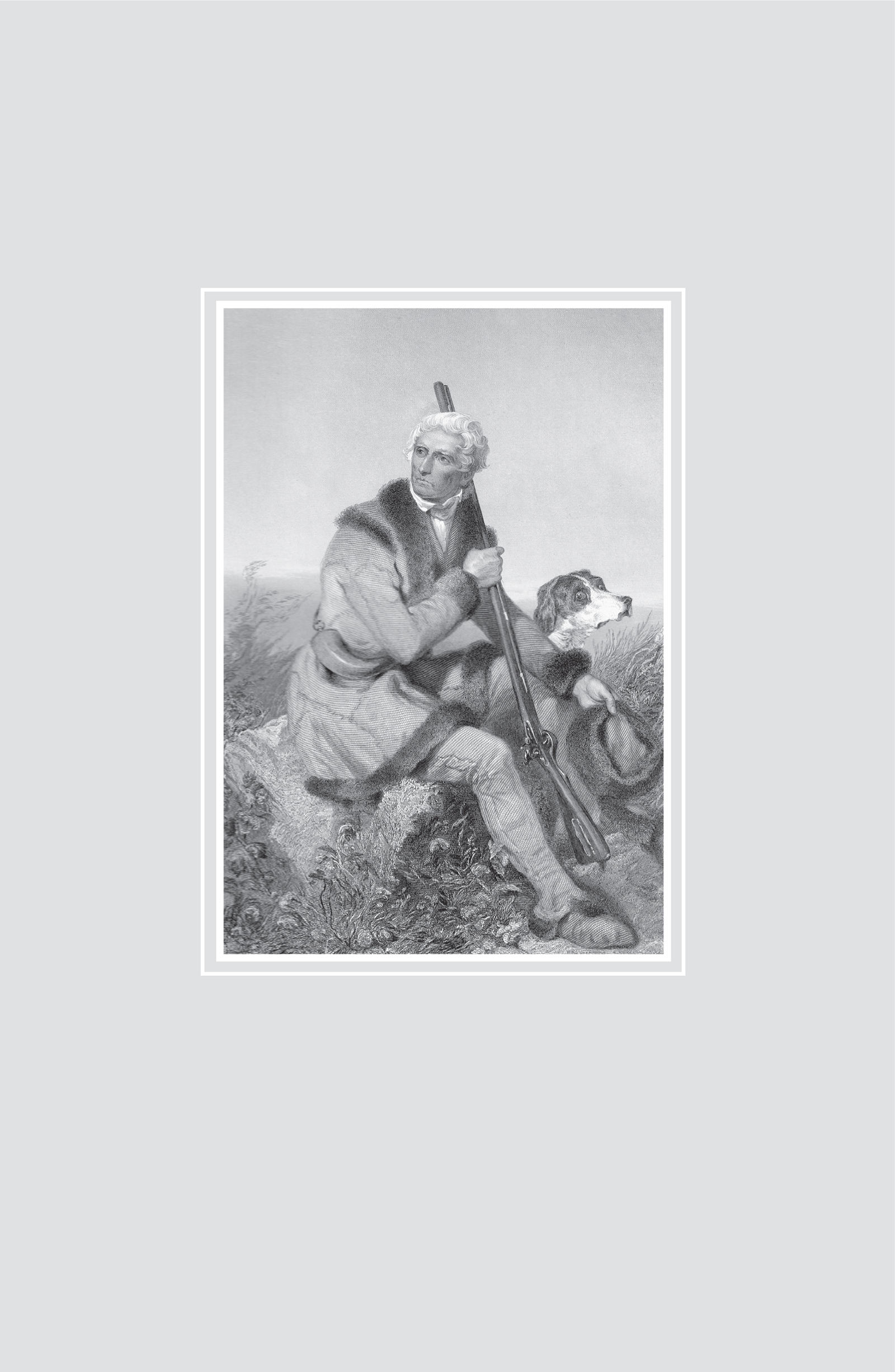

The author and publisher have provided this e-book to you for your personal use only. You may not make this e-book publicly available in any way. Copyright infringement is against the law. If you believe the copy of this e-book you are reading infringes on the authors copyright, please notify the publisher at: us.macmillanusa.com/piracy.
To David Joseph Drury, a tougher man than I
To Bob Schaeffer, for whom there were no boundaries to friendship
The spelling and pronunciation of eighteenth-century Native American names and places was, in the era, notoriously diffuse. To take just one example of many, the Indian nation referred to herein as the Shawnee was variously described by European Americans as the Shawnoe, the Shone, the Chaouenon, the Shawun, and dozens of other appellations. Within the tribe itself, members usually refer to themselves as Shawano, sometimes given as Shawanoe or Shawanese. For narratives sake, throughout the following text we have endeavored to present readers with the most standardized tribal designations recognized and accepted today.
Further, regarding the term Indian: as two white authors chronicling a historical epoch so crucial to the fate of Americas indigenous peoples, we relied on historical context. Indian was not only in common usage during the era we write about, but it is nearly as common today. For a previous book, The Heart of Everything That Is, we went to pains to check with our indigenous sources regarding the word. No less a personage than the late Maka Luta Winwho also went by the Anglicized name Mary Ann Red Cloud and was the great-great-granddaughter of the legendary Lakota warrior-chief known to whites as Red Cloudpersonally suggested to us that Native American, American Indian, and Indian were all accepted descriptive terms.
Finally, throughout the following text we have presented the quixotic spellings, capitalizations, and punctuation in letters, journals, and military reports from the era precisely as the writers themselves put their words to paper.
Stand at the Cumberland Gap and watch the procession of civilization, marching single filethe buffalo following the trail to the salt springs, the Indian, the fur-trader and hunter, the cattle-raiser, the pioneer farmerand the frontier has passed by.
FREDERICK JACKSON TURNER,
The Frontier in American History
Daniel Boone was too far away to hear his oldest boys screams as the tall Indian tore out the sixteen-year-olds fingernails one by one.
James Boone was already bleeding out from a gunshot wound. Now, prostrate on the frozen scree beneath the Cumberland Mountains shadow line, he begged the Shawnee with the high cheekbones and misshapen chin to just kill him. His persecutor was not moved. Young Boone knew the sullen warrior understood English. His family had often welcomed the Indian, known as Big Jim, into their hearth.
The raiders had sprung the ambush just before daybreak. While James Boone and his seven companions slept beneath rough woolen blankets and buffalo robes, a mixed band of painted Delaware, Cherokee, and Shawnee crept into their camp. It was not much of a fight. The two Mendinall brothers were killed instantly, their scalps lifted with trilling shrieks. Only the evening before, the others had laughed when the young farm boys had been frightened by the howls of a wolf pack.
At the first rifle report the woodsman Crabtree, a veteran Indian fighter, sprang from his bedding and plunged into the thick spinneys of chestnut, oak, and ash on either side of the mountain trail. His rapid reaction saved his life. And one of the two slaves escaped by burrowing unnoticed into a nearby pile of fallen timber. The other, an older black man, was not as spry; his life would end with a tomahawk cleaving his skull.
The youngster named Drake, whom James Boone had only just met, took a ball to his chest yet still found the strength to lurch into the woods; his remains would be discovered months later wedged between two ledges of rock face less than a mile from the scene.
Both James Boone and the seventeen-year-old Henry Russell had been gutshot, the lead balls lodging in their hips. Incapacitated, fair game.
Several of Russells fingers were sliced away fending off the scalping knife. His throat was finally slit and his head stove in with a war club. James Boone cried out for the same. He was eventually accommodated, but not before his toenails were also ripped away.
It was October 10, 1773 , and several miles up the road Daniel Boone was growing impatient. His son Jamess party should have returned by now. The stolid frontiersman was preparing to pilot the first company of settlers through the Cumberland Gap and into the trackless territory of Kentucky. He was eager to be off.
Boones company of a half dozen families had made camp the previous morning a mere one hundred miles east of the renowned notch in the Cumberland range. There they had been joined by a troop of several dozen mounted men from Boones North Carolina community, who had traversed the Blue Ridge by a different route. The plan was for the lone riders to travel with Boones packhorse caravan into Kentucky, establish farmsteads and plant spring crops, and return to retrieve their wives and children the following summer. A number of Virginia men who had attached themselves to the rough trekkers expected to do the same.
All that remained to set the expedition in motion was his sons return with the additional stores supplied by the enterprises nominal boss, the Virginia military leader, Captain William Russell. It was to Capt. Russell whom Boone had dispatched James and the teenage John and Richard Mendinall the previous day. James was to inform Russell that he should bring along extra horses and livestock.
It was late afternoon when James Boone had found Russell not far from his homestead on the Clinch River. The captain informed him that he would see what he could do about rounding up more cattle and horses before he and his small troop set out at sunrise the next day. In the meanwhile, Capt. Russell and his son Henry laded an array of packhorses with scythes and hoes, sacks of flour and seed corn, and bags of salt. At the last moment the elder Russell wrapped a parcel of books in oilskin and jammed them into a crook of his sons saddlebag. Among the tomes was his family Bible. He then instructed Henry, the youth named Drake, and the two black slaves to accompany the Mendinalls and James Boone back to his fathers campsite. The local long hunter Isaac Crabtree volunteered to help them manage the small drove of cattle trailing behind.
From nearly the first moment European emigrants set foot on the New Worlds fatal shores, white men and red men had engaged in constant, bloody, and usually one-sided combat. This was not by accident. In 1607 the London directors of the Virginia Company that established the Jamestown Company had for good reason named the soldier of fortune John Smith as one of the expeditions leaders. Similarly, when English pilgrims dropped anchor near Plymouth Rock thirteen years later, they looked to an experienced military officer named Miles Standish for direction.
Font size:
Interval:
Bookmark:
Similar books «Blood and Treasure: Daniel Boone and the Fight for Americas First Frontier»
Look at similar books to Blood and Treasure: Daniel Boone and the Fight for Americas First Frontier. We have selected literature similar in name and meaning in the hope of providing readers with more options to find new, interesting, not yet read works.
Discussion, reviews of the book Blood and Treasure: Daniel Boone and the Fight for Americas First Frontier and just readers' own opinions. Leave your comments, write what you think about the work, its meaning or the main characters. Specify what exactly you liked and what you didn't like, and why you think so.

